Argentina ICU Staff Bracing For Next Wave Of Covid-19 Admissions
At an ICU unit in a low-income Buenos Aires suburb, exhausted staff are bracing for a new wave of coronavirus admissions.
"We have not stopped since March (last year)," said ICU head Nestor Pistillo of the El Cruce Nestor Carlos Kirchner public hospital.
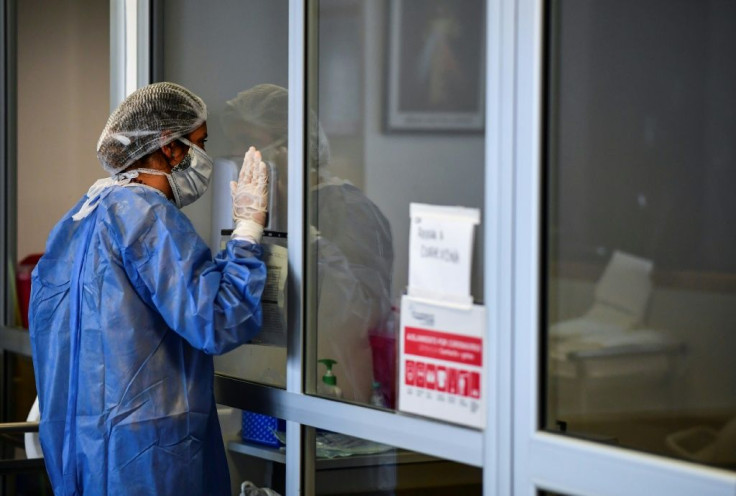
"Now we are seeing a resurgence and a growing demand for beds, increasingly for young people," he told AFP.
The hospital has 44 intensive care beds. All are occupied -- 24 by coronavirus patients.
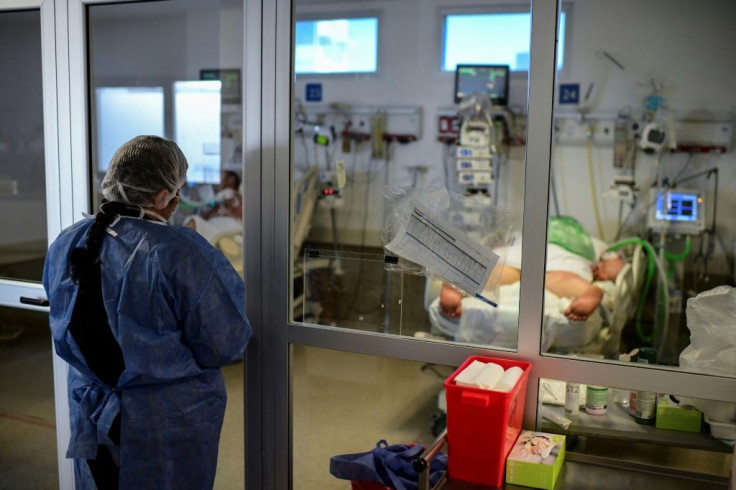
Like last year, at the height of the first pandemic wave, extra beds will be needed to accommodate the expected flood of new patients.
Argentina's infections are rising fast -- 25,157 daily new cases were reported Wednesday, for a total of over 2.6 million.
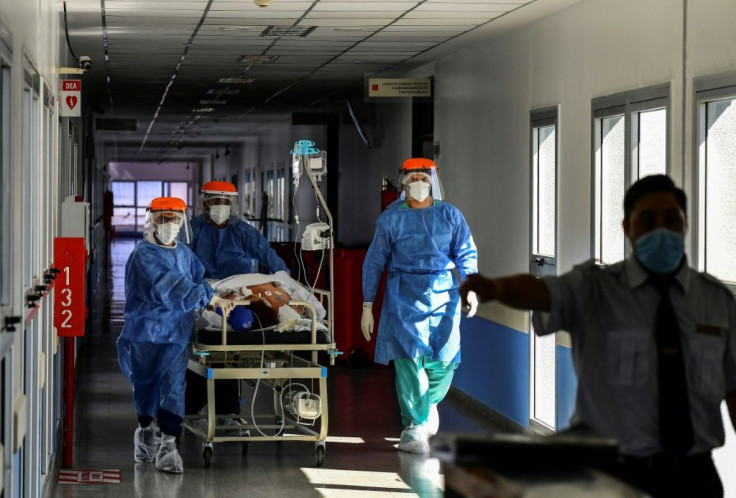
More than 58,500 people have died.
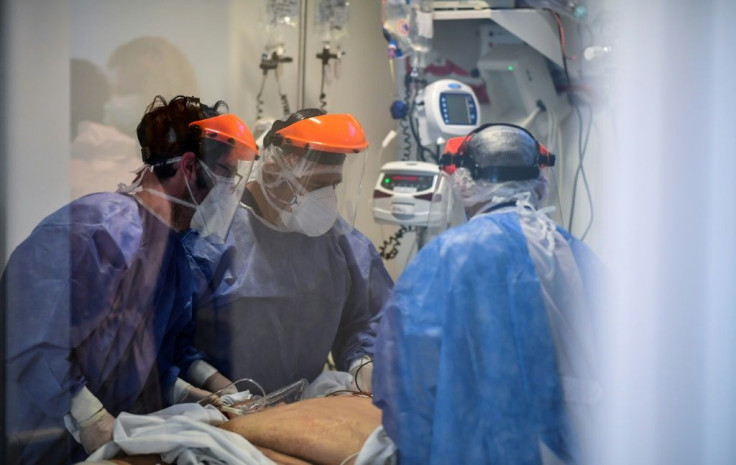
Official data shows 71 percent of ICU beds occupied in the Buenos Aires metropolitan area, and 62 percent in Argentina.
In the capital, the number of coronavirus patients admitted to public hospitals soared by almost a third between April 5 and 11.
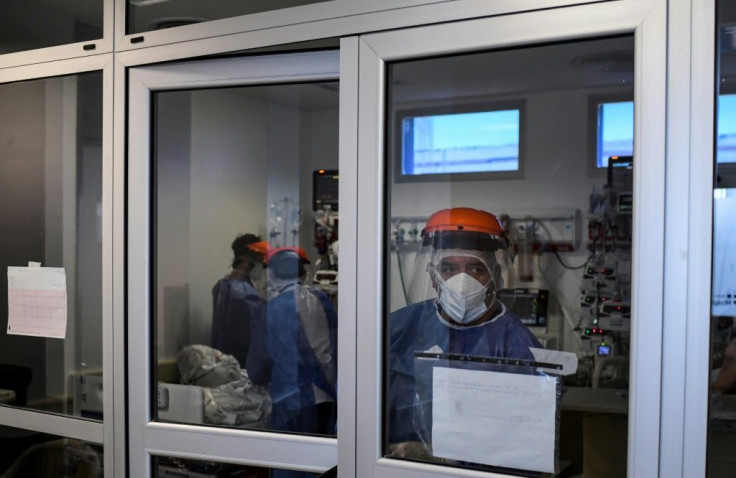
Argentina has reported the Brazilian P1 variant on its territory even as its vaccination campaign has made slow progress.
In a bid to free up ICU beds, Pistillo's hospital has had to suspend some surgeries.
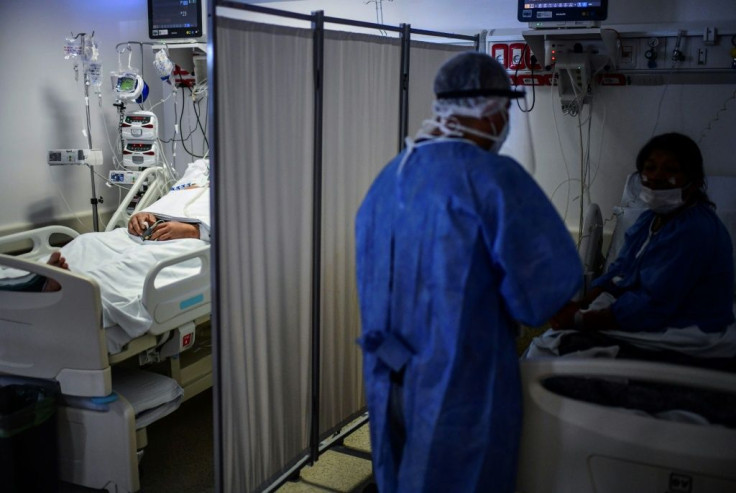
"But that has its own problem: we have stopped operating on brain tumors, cardiac surgeries, organ transplants, that means that if a person does not die from Covid, he dies from another disease," the doctor said.
He also worries about a shortage of staff to deal with the next wave.
"One can have a respirator but it's like having a Formula One car: you need a pilot to operate it (...)," he said.
"Quality of care is what defines the difference between life and death," said Pistillo.
Some patients have required ICU treatment for more than 70 days.
From outside the ICU ward, a woman looks through the glass at her daughter, 43, in an induced coma.
"Help me doctor, I want to take my daughter home," she calls out as other visitors prayed silently for their loved ones.
Rafael Porcel's is a rare happy face in the waiting room: his mother is being transferred out of ICU.
"We thought there was no hope, but now after seven days (of intensive treatment) she is getting better," he said.
The last year has been tough on physical therapist Yazmin Saad, 33.
"When I get home, I close my eyes and I think of those moments in which you tell a patient you are going to connect him to a mechanical ventilator... which means you may be the last person they see," she told AFP, her voice trembling.
"I will never forget the things those patients tell me in those moments. They are much more than a patient in need of respiratory assistance: sometimes they are a father, a mother, the love of someone's life".
© Copyright AFP 2024. All rights reserved.







